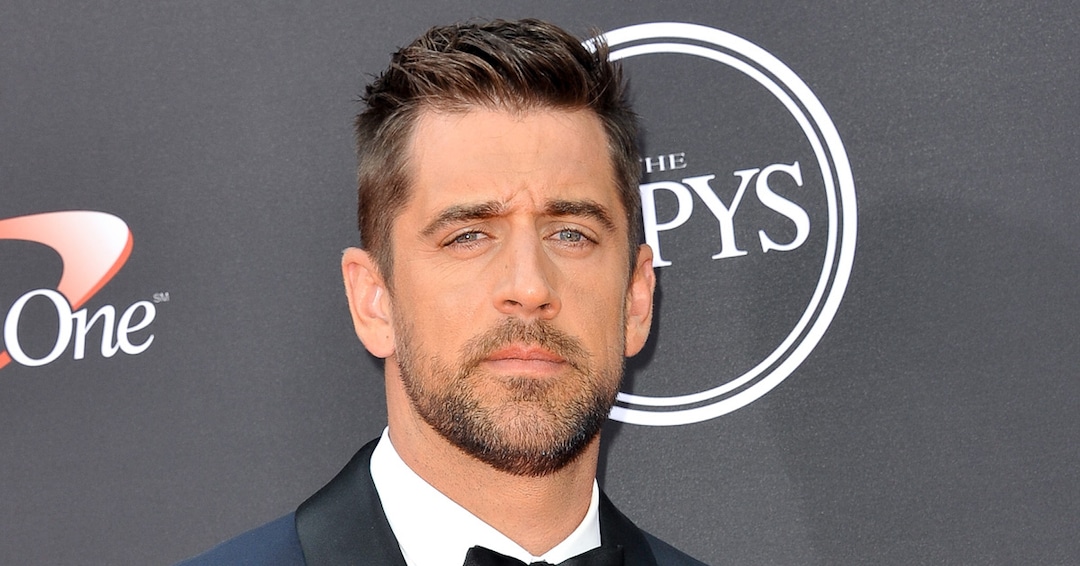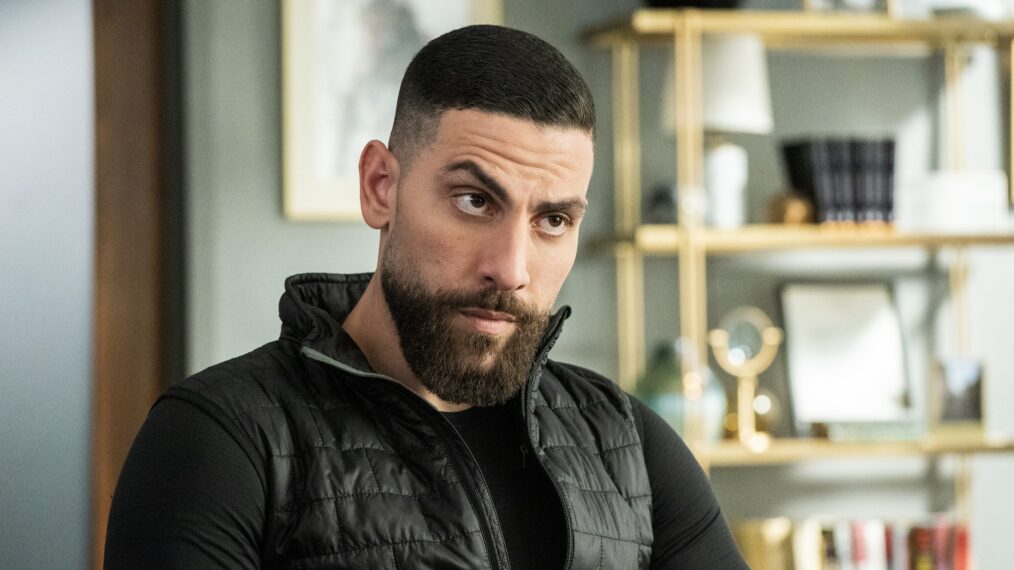Unlock the Editor’s Digest for free
Roula Khalaf, Editor of the FT, selects her favourite stories in this weekly newsletter.
Uefa is seeking changes to its rule book that would open the door for its president Aleksander Ceferin to extend his stay at the top of European football’s governing body beyond the 12-year limit he helped introduce.
Draft proposals to alter the Uefa statutes, seen by the Financial Times, would amend the language related to term limits in a way that would enable Ceferin, in power since 2016, to stand for another four-year term when his current period expired in 2027.
Critics see any steps to amend or circumvent rules as part of a broader trend of weakening governance at large sporting bodies, with senior leaders eager to stay in charge as long as possible.
Uefa has also proposed scrapping the 70-year age limit on those seeking to serve on its executive committee, according to the draft plans, which could give some members the opportunity to stay on longer.
Ceferin, a Slovenian lawyer, rose to the top of European football in the wake of a corruption scandal at Fifa, the global governing body, that led to the resignation of then Uefa president Michel Platini. Soon after becoming president, Ceferin oversaw a package of reforms, including term limits, which he said at the time were “essential for the strengthening of Uefa”.
The current wording of the rules state that Ceferin’s first term began when he was first elected in 2016, but changes put forward by Uefa’s legal committee last month would in effect exclude it from the three-term limit by removing any period in office that “started before July 1 2017”.
The move to allow longer tenures for Uefa’s top executives follows an emerging pattern across global sporting bodies. Fifa president Gianni Infantino was given the nod last year to run again in 2027 after the Fifa Council, which he chairs, concluded that his first three years in charge did not count towards the mandated term limits. Like Ceferin, Infantino became head of Fifa in 2016 after the corruption scandal forced out several top executives before their terms had expired.
Some members of the International Olympic Committee have recently called on Thomas Bach to extend his reign as president beyond 2025, when he is due to step down under the current rules.
Some senior officials have greeted the proposals being presented to the executive committee this month, with dismay, according to people familiar with the discussions. The plans will be voted on in early 2024.
Ceferin, 56, won a third term in April this year after running unopposed. Speaking to digital newspaper Politico in 2021, he said: “It’s wrong to stay too long . . . you need fresh blood, you need people with ideas. After three mandates, you have to do something else.”
Alex Phillips, former head of governance and compliance at Uefa, said the trend of sports administrators seeking to extend their tenures was troubling and should be seen as a sign of backsliding on earlier reform efforts.
“I think it’s a mistake,” he said. “Term limits are fairly ineffectual, but they are better than nothing. When people get power they don’t want to give it up.”
Uefa said: “The legal committee proposed a number of changes to the statutes which clarify some existing provisions to ensure that none are applicable retroactively — in line with a basic legal principle.”
Uefa’s income has been rising in recent years due to increased demand from broadcasters for the rights to show matches for its flagship Champions League tournament. It has projected income for the 2022-23 season of €4.5bn, up from slightly more than €4bn the previous year.
Ceferin was a key figure in fending off the challenge posed by the European Super League, an attempted breakaway competition launched by a dozen top clubs in 2021.
Those behind the ESL project have said that Uefa should not act as both sporting regulator and competition organiser. The European Court of Justice is due to rule on the issue this month.
















































































